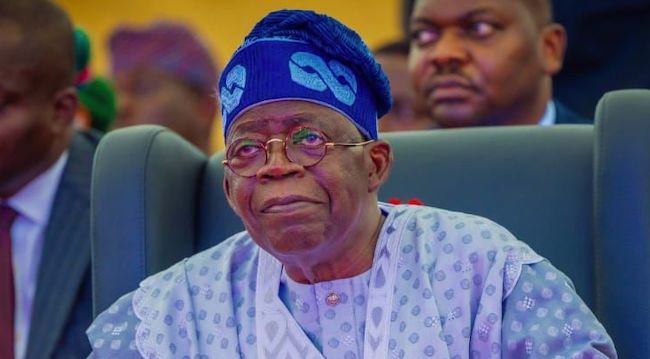Nigeria’s President Bola Ahmed Tinubu has called for a review of the global taxation system, highlighting the need to address the current imbalance.
Speaking at the Third South Summit of the Group of 77 and China in Kampala, Uganda, President Tinubu emphasised the impact of the international tax system on developing countries, particularly in taxing digital economies. He stated that the current system, largely shaped by more affluent nations, disadvantages developing countries, resulting in significant revenue losses. Nigeria, along with other African Group Member States, championed a historic initiative at the United Nations for a Framework Convention on Tax.
President Tinubu, represented by the Minister of Budget and Economic Planning, Senator Abubakar Atiku Bagudu, expressed Nigeria’s commitment to multilateralism and its advocacy for a fair and just economic order. The President thanked countries that supported the global tax review initiative, highlighting their solidarity in rectifying the inequities of the current tax system.

In addition, President Tinubu affirmed Nigeria’s dedication to South-South economic collaboration and called for the revival of the Action Committee on Raw Materials (ACRM) of the G-77. He stressed the importance of comprehensive data on raw material availability and advocated for coordinated efforts to enhance cooperation in raw material development.
The President also addressed the recent conflict between Israel and Palestine, urging an immediate ceasefire, a peaceful resolution, and support for a two-state solution. He condemned indiscriminate violence and emphasised the need to address humanitarian concerns and protect the dignity of civilians affected by the crisis.
President Tinubu acknowledged the interconnected nature of global challenges and called for concerted action to tackle issues such as climate change, eco-disparities, environmental concerns, and technological programmes in the post-pandemic era. He underscored the urgency of addressing emerging threats like the digital divide, cybersecurity, illicit financial flows, terrorism, and corruption, emphasising the need for a united approach by the G-77.
The President recognised Nigeria’s efforts in combating global challenges, particularly through technical cooperation, capacity building, and South-South collaboration. He highlighted the contributions of Nigeria’s Directorate of Technical Aid Corps (DTAC) and the Directorate for Technical Cooperation in Africa (DTCA) in fostering international cooperation and economic development across the African continent.
President Tinubu concluded by reaffirming Nigeria’s commitment to multilateralism, the objectives of the Bandung principles, and envisioning a responsive movement that addresses the needs and aspirations of G-77 Member States.


